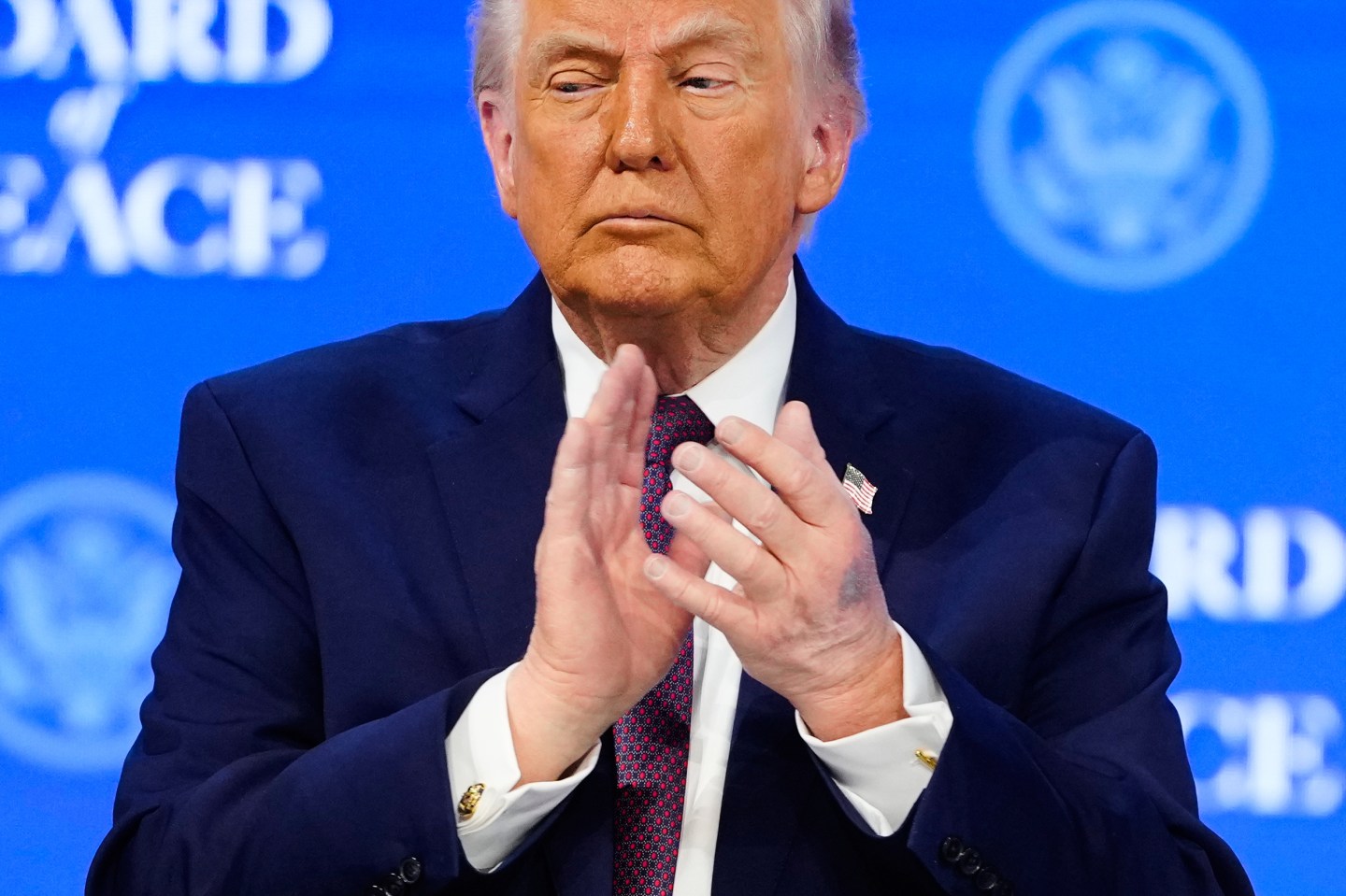To understand why a broad reimagining of the healthcare system is needed, consider this one chart below. The graphic—compiled by researchers at consulting firm BCG using World Health Organization data—shows health-adjusted life expectancy (the expected number of years a person lives illness-free) across the globe on one axis and annual per capita healthcare spending on the other. Ideally, the dots formed by those intersecting data points would congregate in the upper left corner of the chart, as robust health increased without a substantial rise in spending. But this graph shows that nearly the opposite has happened in much of the world: Healthy lifespans have topped out, despite us shelling out some $8 trillion a year worldwide on healthcare. (Note: those dark blue circles on the right side of the chart are the supposedly developed nations—and you can guess which dot represents the U.S.)
The chart, as I said, shows the meager modern gains in healthful longevity. But purists will observe as well that straight-shot life expectancy is also on the downswing, at least in the U.S. Last month, the CDC’s National Center for Health Statistics reported that life expectancy at birth in America fell for the second year in a row—a back-to-back drop we hadn’t witnessed for half a century.
In fairness, one can’t blame our existing healthcare paradigm for all of the backslide: The ongoing opioid epidemic has played a lead role. But you can certainly lay some of the blame at the system’s feet. So what could replace it? Well, as I noted yesterday, there’s a lot of buzz these days about a new archetype called the “value” or “outcomes-based” paradigm—which I was lucky enough to discuss with an all-star group of experts at the World Economic Forum this morning.
The panel included “stakeholders” across the spectrum of care, as they say: Laurie Glimcher, a physician and CEO of Dana-Farber Cancer Institute, represented the viewpoint of “medical providers,” among others; Bruce Broussard, CEO of insurer Humana shared some light from the “payer” end; Omar Ishrak, CEO of Medtronic, and Christophe Weber, CEO of Takeda Pharmaceuticals, offered voices from the device and drug maker sides, respectively; and Frans van Houten, CEO of Philips, a company whose ambitious healthcare portfolio ranges from ultrasound machines to bioinformatics, offered a system-wide perspective.
Glimcher, who is also a respected immunology researcher, kicked off the session by speaking powerfully (and bluntly) about how the current financial model strains and drains physicians and academic medical scientists (in part through dwindling reimbursement rates and scant research funding). But she held out high hopes for a replacement framework that would view human health over the long term and pay doctors to focus on precision health and disease prevention—something the current system all but ignores.
The ultimate aim, in any case, is to somehow shift the compensation structure so that providers are paid based on achieving desired outcomes for patients—including, in theory, the prevention of illness—rather than on the individual services, pills, or procedures they offer.
How to do that? Well, first—all agreed—you have to find a way to measure what a “good” outcome ought to be—and what the baseline, or expected, outcome is now. And you have to measure enough stuff (from genetic markers to an untold number of blood proteins) in enough people to know what treatments would best work in specific subsets of those people (say, lung cancer patients with a certain driver mutation). In other words, to create a viable system that rewards for felicitous outputs rather than prodigious inputs, you have to measure the complete output of inputs. (That ain’t easy.)
Why, you wonder, would drug and device makers—whose stockholders demand that they keep selling more and more of their products for higher and higher prices—even want to switch to a value-based system…and do all this work to get there? I wondered that as well.
Medtronic’s Omar Ishrak had a ready reply: “Why wouldn’t everyone want a better outcome for less cost?”
For more on the World Economic Forum’s Value in Healthcare Project, check out their latest report, released today.
This essay appears in today’s edition of the Coins2Day Brainstorm Health Daily. Get it delivered straight to your inbox.












